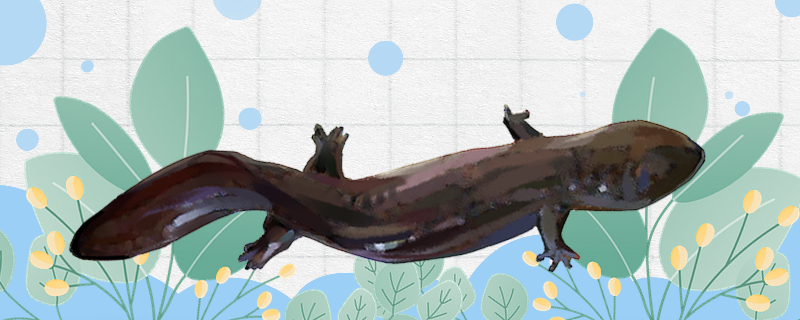The giant salamander can bite people. They are carnivores and have many teeth in their mouths, which are sharp and very dense. Therefore, the consequences of being bitten by giant salamanders are very serious, not only the skin and flesh, but also the bones may be injured. Both wild and cultured giant salamanders are likely to bite people. Wild giant salamanders are more likely to bite humans because they are more wary of humans. However, when the giant salamander is in the larval stage, it will not bite people.

The giant salamander
is a kind of precious amphibian. Wild giant salamanders generally live in rivers or streams with clear water quality. In addition, they can often be found in some caves or crevices. From the appearance, the giant salamander is a kind of dull animal, so many people will think that their character is very docile and will not bite people. In fact, this is not the case, the giant salamander can also bite people. Moreover, the giant salamander itself is a carnivore. It has teeth in its mouth, and the teeth are sharp and very dense. It has teeth in both the upper and lower jaws, so it bites people very badly, and may even hurt human bones.
Wild giant salamanders are more likely to bite people because they live in the wild and are more wary of humans. If they feel that humans threaten their lives, they may bite people. In addition, giant salamanders can also be cultured artificially. At this time, although giant salamanders are more friendly to humans, it does not mean that they will not bite people at all. In some special cases, they will also bite people. However, when the giant salamander is still in the larval stage, it will not bite people.
2. Is the giant salamander poisonous
? The giant salamander bites people. But don't worry, they are non-toxic and do not release venom into humans. However, the giant salamander itself is a relatively large amphibian, and its teeth are very sharp, so the consequences of their bites may be more serious, if the situation is relatively light, it may only hurt human flesh, if the situation is heavy, it will hurt the skeleton. Moreover, although the giant salamander itself is non-toxic, some bacteria in the air may also enter the human body through wounds. Therefore, it is recommended to deal with it in time after being bitten by a giant salamander.
 The giant salamander
The giant salamander